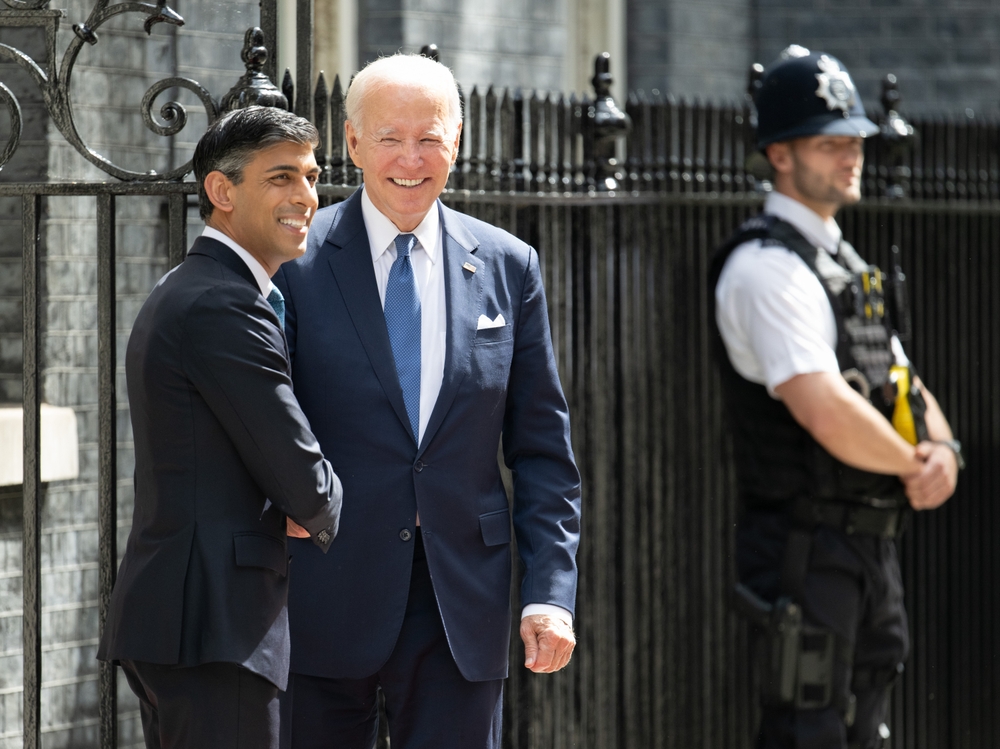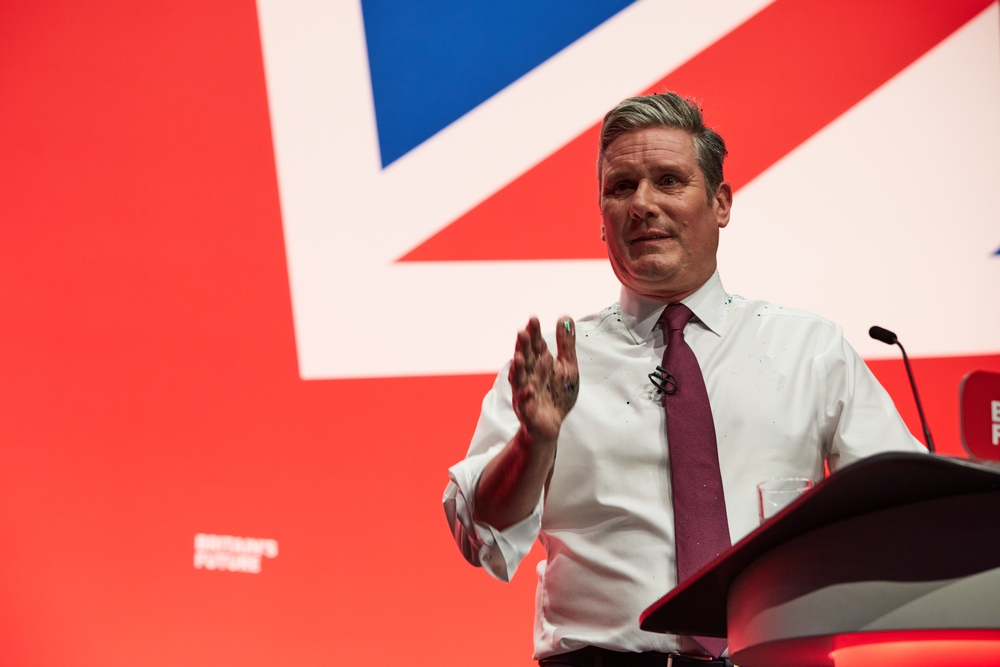
Can the Conservatives win in Canterbury, Middlesbrough and Midlothian at the same time? The question was debated by fine minds under the auspices of Policy Exchange, whose director Dean Godson declared it the pre-eminent question “of this conference, of our time, of our epoch”. And the verdict? For the analyst and commentator James Frayne “there are nuances… but I think the answer is no.” No such pessimism from Tees Valley Mayor Ben Houghton or Kirstene Hair, “one of the twelve newly elected Scottish MPs who were proud to impose a Conservative government on England last year.” For her, the answer was a clear message: the Scottish Tories were the only Unionist party, so “whether urban or rural, they knew exactly what they were voting for. Some people held their nose while voting Conservative but they did it because they knew what they were getting.” Joe Twyman, former YouGov guru and founder of Deltapoll, stressed the importance of making an emotional connection. And what message resonates most with people on an emotional level – Brexit? The NHS? Housing? No, much simpler: “The Conservatives will make your life a bit better.”
*
For Jacob Rees-Mogg, the answer was to learn from Disraeli who, as well as the crown and the constitution, stressed “the condition of the people” and set about doing so in the fields of housing and health. Brexit would help, he said, by allowing is to bring down tariffs and therefore prices, and control the movement of unskilled Labour which has held back working class incomes (“rich French bankers don’t affect anyone’s wages”). It is improving the condition of the people that matters, and “if we can achieve that, there will be no need to divide the country up and say we can’t win here unless we lose there.”
Moggmania continues undiminished, it should be noted. At the event the member for North East Somerset was applauded simply for strolling to the front of the room, teacup in hand, to take his seat. Smiling for the gaggle of photographers kneeling before him he was evidently torn between enjoying the attention and finding it more than a little absurd.
*
A second dose of historical perspective from Andrew Roberts, who gave the Conservative History Group lecture to mark the launch of his acclaimed new biography of Churchill. The great leader had begun to believe it would fall to him to save London, the country and the Empire not at the beginning of the war, or even during the rise of Hitler, but in 1891, at the age of sixteen. Surviving a stabbing at school, two bouts of pneumonia, two plane crashes, three car crashes, a house fire, three days in a coma after jumping from a bridge, a near-drowning in Lake Geneva, a deadly cavalry charge, a train ambush and escape from a Boer War prisoner of war camp only heightened his sense of destiny; ultimately “he saved not just those three entities but civilisation.” The PM never lost his wit and humour. Told by his private secretary that his cook was pregnant after an assignation with a chap she met in a street in Verona, he replied: “Obviously not one of the two gentlemen.” Churchill sometimes displayed an eccentric sense of timing, however. The best paid journalist of his era (and probably ever, receiving around £26,000 per article in today’s money), in March 1942, after the Japanese attack and with the Germans well on their way to Stalingrad, the PM published an article in the Sunday Dispatch asking ‘Are there men on the moon?’ He concluded that there were. “Can you imagine if Mrs. May suddenly wrote an article about UFOs?” mused the historian.
*
Prisons Minister Rory Stewart made headlines recently with his pledge to resign if his reforms have not managed to reduce the level of drugs and violence in ten target jails within a year. That he is passionate about his brief was evident from his performance at a discussion hosted by the Centre for Social Justice: “the question is not how the Conservatives can be seen as the party of law and order, the question is how do you restore law and order” he declared with refreshing clarity of thought. CSJ policy director Ed Davies regaled the audience with a blizzard of depressing facts, including the arresting (pardon the pun) statistic that one in six inmates in Nottingham prison had a drug habit when they left that they did not have when they went in, and a student from Birmingham complained that drugs were so rife he had seen people taking them right outside his local police station. Isabel Oakeshott, who I am sure is asked to speak at these events partly because she can’t see a feather without ruffling it, wondered if the problem was perhaps that prison “isn’t really bad enough”. “I can assure you, Isabel, that you wouldn’t want to go to prison,” came the Ministerial reply.
*
You can tell you’re getting on a bit when the lobbyists start to look younger. During questions at fringe events someone will stand up whom you assume to be a student in a suit but will invariably announce themselves as the Assistant Director of Corporate Affairs at the Widget Manufacturers’ Association, or the Head of Stakeholder Engagement at one of the charities whose budgets strangely stretch to a week at a party conference, and probably three weeks at three party conferences. I’m sure their organisations do good work but I do wonder what they think they are achieving at these things. Not that the people who count the money at CCHQ will thank me for saying so.


